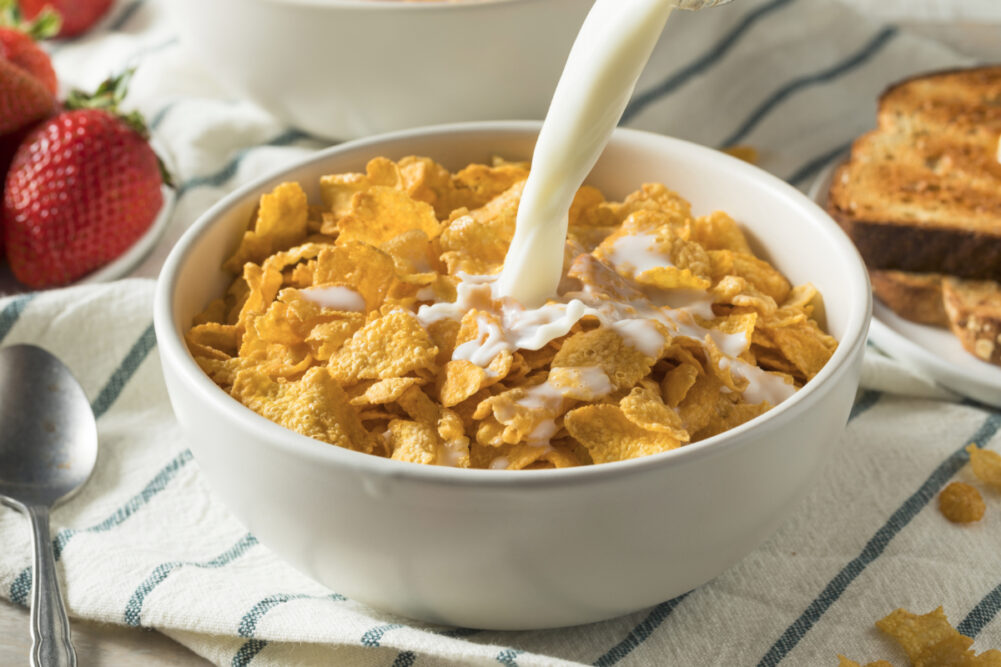LONDON — The ready-to-eat breakfast cereals category is expected to approach $12.1 billion in 2020, boosted by a surge in demand related to the coronavirus (COVID-19) pandemic, according to GlobalData, a London-based data and analytics company.
If realized, sales would be up 12% from $10.8 billion in RTE cereal sales in 2019. GlobalData said annual breakfast cereal sales were expected to increase to $10.9 billion in 2020 before the pandemic outbreak earlier this year altered consumer buying habits. RTE cereal volumes are projected to increase by 5%, GlobalData said.
“With so many people now working from home instead of commuting, many consumers are no longer eating on-the-go or foodservice breakfasts,” said Ryan Whittaker, consumer analyst at GlobalData. “Instead, many consumers are falling back on a mixture of comforting and healthier options at home. Anxieties caused by uncertainty around the pandemic have produced a tendency to fall back on familiar branded products, especially ones that remind the consumer of their childhood.
“To many US consumers, breakfast cereals offer a way for them to impose order and familiarity on the day. For many, this can mean a moment of indulgence, revisiting a favorite from their childhood, or opting for a healthier option. The reduced demand for out-of-home consumption, reduced need to commute and heightened focus on health has convinced Americans to return to breakfast cereals in the morning.”
According to a COVID-19 recovery tracker consumer survey conducted by GlobalData and dated Sept. 21, 65% of US consumers said that how familiar, trustworthy or risk-free a product feels always or often influences their product choice.
“The US breakfast cereal category is well-positioned to benefit during the pandemic,” Mr. Whittaker said. “Consumers want to purchase specialized items to aid their immune systems, to treat themselves or to recapture a sense of familiarity, and these products easily become staples for the daily routine during lockdown.”





